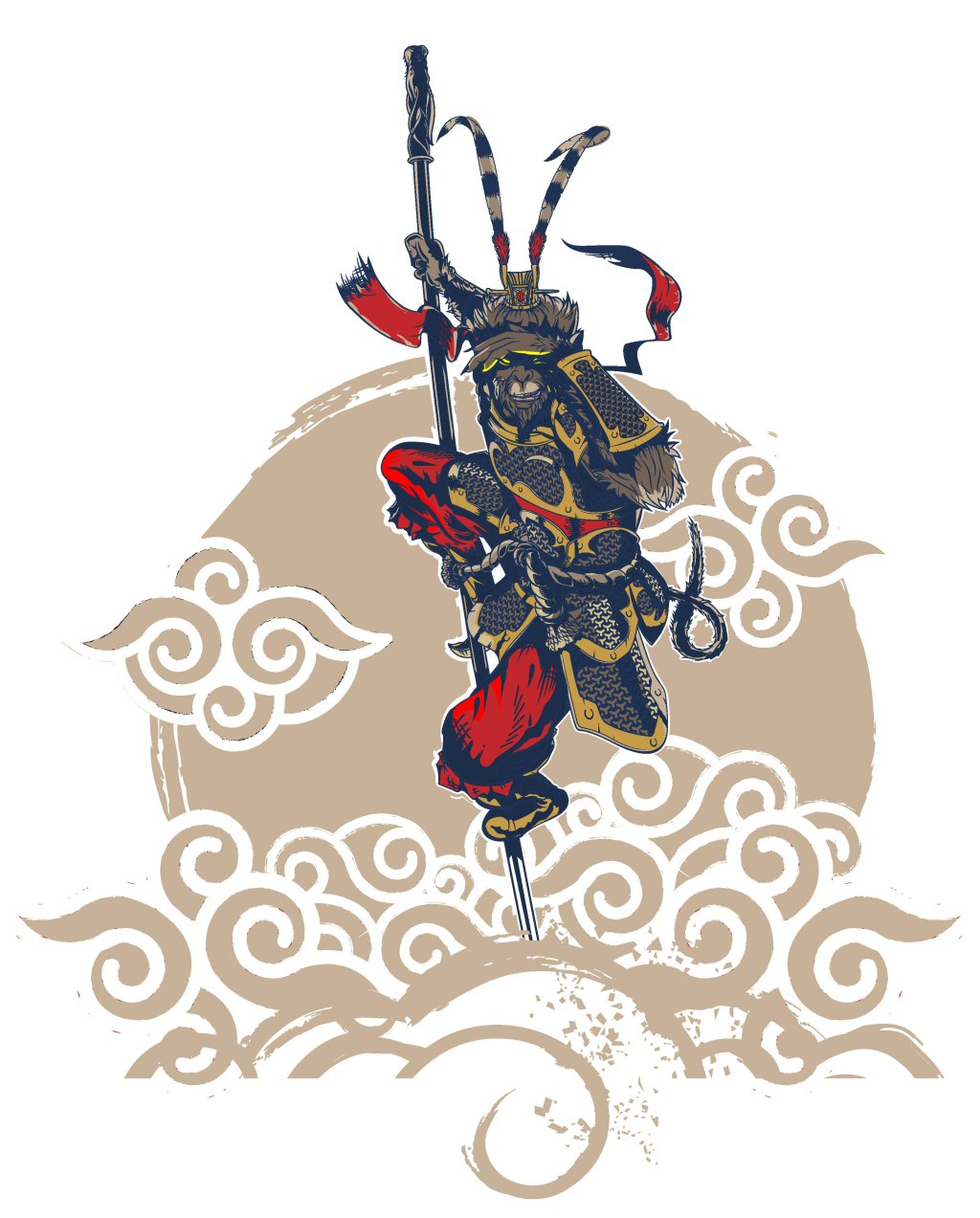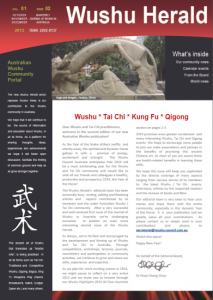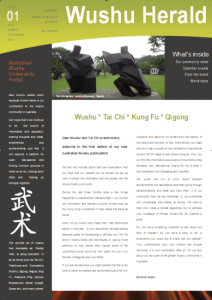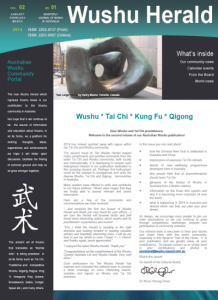Daoism and Kung Fu as Occult Sciences
by Julian Strube
* April 2024, In book: Appropriating the Dao (Publisher: Bloomsbury)
Abstract
This chapters offers insights into historical acts of comparison in which Daoism and Kung Fu were identified as “occult sciences,” interpreted through the lens of contemporary mesmerism, and situated within the historiography of a Eurasian “primitive culture.” The focus will rest on a remarkable exchange between eighteenth-century Beijing and Paris, unfolding between the French Jesuit Joseph-Marie Amiot, the Chinese prince Hongwu, the Huguenot masonic author Antoine Court de Gébelin, and Louis-Raphaël-Lucrèce de Fayolle, Comte de Mellet, another follower of mesmerism. Amiot became convinced that Mesmer’s theory of animal magnetism, and by extension modern Western science, had been anticipated by the Chinese principles of yin and yang, rooted in an advanced ancient Eurasian tradition. This was not merely the projection of a Westerner. On the one hand, Amiot was influenced by his Chinese friends and local scholars, as well as his by observations of contemporary Chinese practices. On the other hand, the theories and language of mesmerism and French illuminism contributed to shaping his interpretive framework. Notably, Amiot would eventually prefer the Chinese system over the supposedly more superficial European one. These remarkable developments allow for some general reflections on why and how historical actors engaged in these acts of comparing and identifying certain ideas and practices, which in turn contributes to present debates about religious comparativism.
About the Author(s):
Julian Strube – Professor (Full) at Georg-August-Universität Göttingen. Julian works from a global historical perspective on the relationship between religion and politics, as well as on debates about the meaning of religion, science, and philosophy since the early modern period. His current research focuses on the relationship between orientalist studies, religion, and nationalism; religious comparativism; cultural exchange between India, Europe, and North America; esotericism and alternative religiosity; right-wing extremism; and early socialism.












